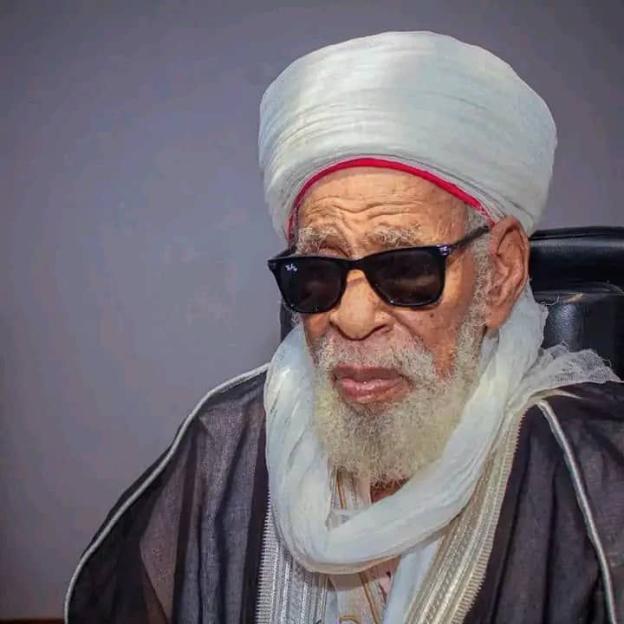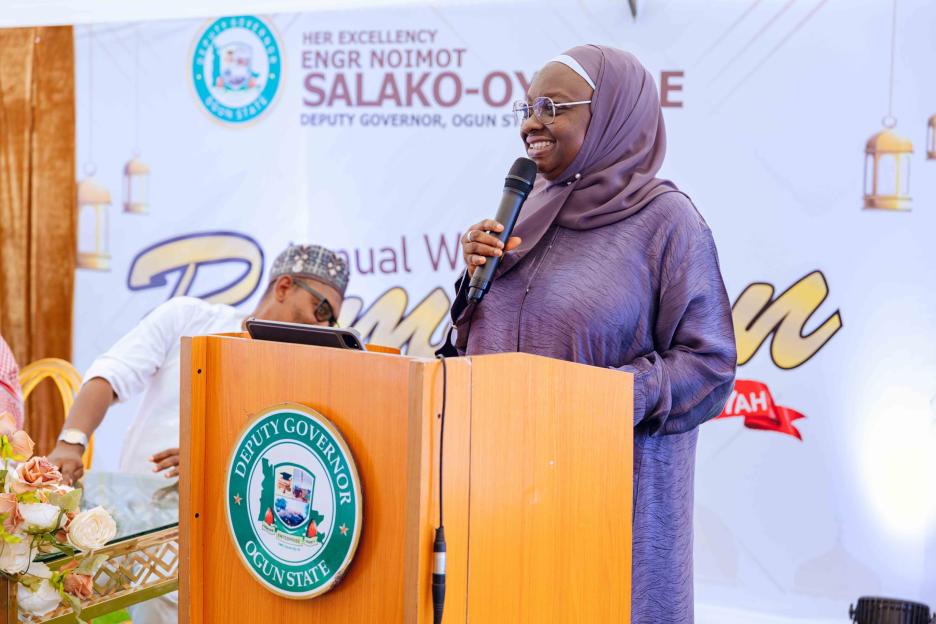Table of Contents
- Announcement of Sheikh Dahiru Usman Bauchi's Passing
- Funeral Arrangements
- Governor's Condolences
- Impact on Islamic Scholarship
- Biography of Sheikh Dahiru Usman Bauchi
- Legacy and Family
Bauchi State Governor, Bala Mohammed, has announced the passing of the esteemed Islamic scholar and spiritual leader, Sheikh Dahiru Usman Bauchi, who reportedly died in the early hours of Thursday in Bauchi at the age of 102.
According to DAILY POST, the preacher passed away on Wednesday night at the Abubakar Tafawa Balewa University Teaching Hospital (ATBUTH), Bauchi.
The remains of the late cleric have been transferred from the hospital to the family home, where funeral prayers will be conducted along Gombe Road later today.
In a statement released on Thursday, Governor Mohammed extended condolences on behalf of his family, the state government, and the people of Bauchi to the family of the late scholar, his followers, students, and the broader Muslim community across Nigeria and beyond.
The Governor characterized Sheikh Dahiru Bauchi as “a significant figure in Islamic scholarship, a man of profound faith, humility, and wisdom,” noting that his life was devoted to the teaching of the Qur’an, the propagation of Islam, and the moral and spiritual enhancement of society.
He emphasized the Sheikh’s influence through numerous Islamic schools and learning centers that produced thousands of Qur’an memorizers and scholars who have disseminated Islamic knowledge throughout Africa.
Governor Mohammed praised the late cleric’s contributions to theology, jurisprudence, and Islamic history, stressing that his teachings and dedication to peace, tolerance, and unity have left a lasting impact on society.
“As we grieve this significant loss, we find comfort in knowing that Sheikh Dahiru Usman Bauchi lived a life entirely devoted to the service of Allah, humanity, and knowledge,” the statement conveyed.
The governor further stated that the Bauchi State Government will continue to honor the late scholar’s legacy by supporting Islamic education, moral discipline, and community development—the values he championed throughout his life.
He prayed for Allah’s mercy upon the revered scholar, requesting that he be granted Aljannatul Firdaus and that his family and followers find the strength to endure this loss.
A biography of the late scholar indicates that he began his Islamic education under the guidance of his father, Alhaji Usman, memorizing the Holy Qur’an at the age of 19. He continued his studies under various Islamic scholars both within and outside Nigeria, with Sheikh Ibrāhīm Inyass being his most influential teacher.
Sheikh’s extensive knowledge earned him recognition as a professor of Qur’anic memorization and education. He has been honored as one of the world’s translators of the Holy Qur’an.
Sheikh Bauchi began his translation work in Bauchi State in 1948, dedicating 77 years to translating the Holy Qur’an.
His teaching broadcasts commenced on Bauchi Radio Corporation in 1976 and later on Radio Nigeria Kaduna in 1980. Numerous radio stations across northern Nigeria air his teachings, particularly during Ramadan and beyond.
Sheikh Bauchi was blessed with a large family, comprising 100 children, 406 grandchildren, and 100 great-grandchildren. His legacy of Qur’an memorization continues, with 78 of his children, over 199 grandchildren, and 12 great-grandchildren also serving as teachers of the Holy Book, balancing both Islamic and Western education.
Frequently Asked Questions
What was Sheikh Dahiru Usman Bauchi known for?
Sheikh Dahiru Usman Bauchi was known for his profound knowledge in Islamic scholarship, his dedication to teaching the Qur’an, and his contributions to Islamic education and community development.
How did Sheikh Bauchi contribute to Islamic education?
He established numerous Islamic schools and learning centers that produced thousands of Qur’an memorizers and scholars, significantly spreading Islamic knowledge across Africa.
What legacy did Sheikh Bauchi leave behind?
Sheikh Bauchi's legacy includes a large family of scholars, his contributions to Islamic theology, and a commitment to peace, tolerance, and unity within the Muslim community.







